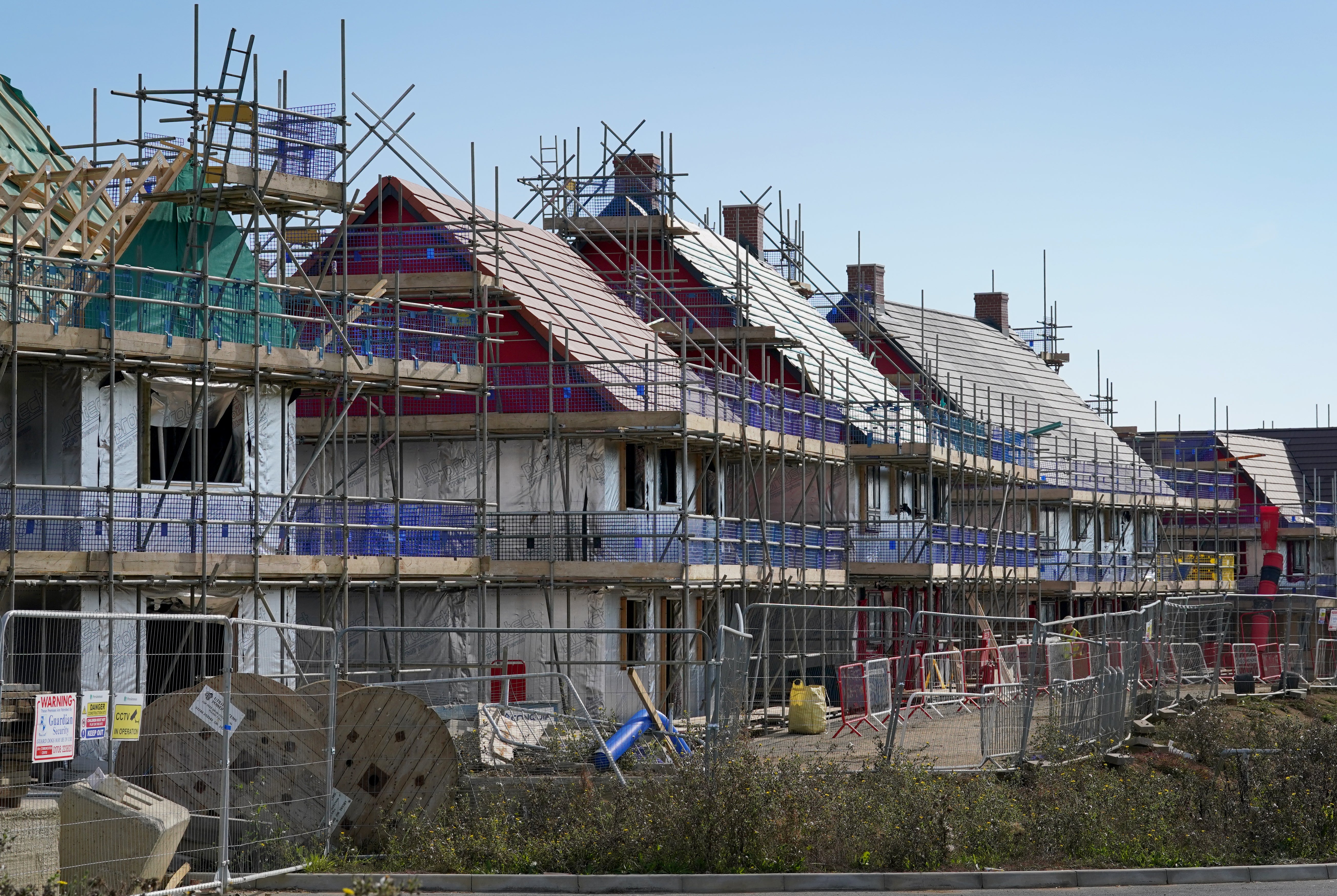The Tories need to get their house in order over building targets
More homes for more people would do the Conservatives no harm in the polls, writes Sean O’Grady


One of the curiosities of the government is that it often knows what to do in the national interest, and what would serve it best electorally, but simply cannot find a way of achieving it. Nowhere is this more apparent than in housing.
In the 2019 manifesto, as part of the “levelling-up agenda”, the Tories promised 300,000 new homes a year would be built. Even allowing for the pandemic, progress has been unsatisfactory. After the Awaab Ishak tragedy, the minister responsible for housing, Michael Gove, has gone on a mission to improve social housing. The government has the best of intentions.
Yet the drive for new and better homes is perpetually stymied by Conservative backbenchers rebelling against housing targets and planning reforms. It is simple Nimbyism, and it has happened again, with a delay to a crucial vote on the latest legislation. Nearly 50 rebels, led by former cabinet minister Theresa Villiers, are backing a plan to ban mandatory targets in England. They contend that government-set targets are excessive and undermine local councils.
Yet without some form of central direction, there is nothing to prevent local authorities from blocking developments that their residents feel uncomfortable about. If there is a balance to be struck between the rights of existing residents and the legitimate aspirations of many to own their own home, then it has not yet been achieved. Meanwhile, the property market booms (though facing correction soon), and rents soar. How ironic for the party that pioneered the idea of a “property-owning democracy” and the sale of council houses to their tenants.
To be fair to the rebels, they are only too well aware that local folk tend to dislike development of any kind, and it is those people who have the votes the MPs will need at the next general election. The loss of a safe seat, Chesham and Amersham, to the Liberal Democrats in a by-election last year was partly caused by concerns about planning. It was something of a warning to the parliamentary party.
It is all very unfortunate, and, as some Conservatives concede, it is costing them votes, especially among young renters. The party is remarkably unpopular among most groups in society, but in terms of types of housing tenure, the contrasts are stark. As the University of Oxford academic Ben Ansell points out: “The Conservatives are strongest among full owners, incredibly weak among private renters and somewhere in between for mortgagees and public renters.” In fact the Tories currently enjoy the support of a mere 14.6 per cent of private renters, against 60.8 per cent for Labour.
More homes for more people would do the Tories no harm. A poll from CT Local, one-time Tory adviser Lynton Crosby’s real estate advisory business, and the Adam Smith Institute, suggests a 6 million vote boost for the Conservatives helping secure a majority at the next general election. They add that the government could win a 5 percentage point boost at the ballot box, the equivalent of 1.6 million people switching their vote, if they commit to building 2 million new homes.
But as we have seen, anyone can promise to build more homes. The persistent problem is in actually building them, and particularly at a time of recession, rising interest rates, a weakening market and with a national skills shortages. The Tory house is in poor shape.



Join our commenting forum
Join thought-provoking conversations, follow other Independent readers and see their replies
Comments